Being categorized as a student is something all young people are going through. From “traditional student” to “first-generation college student”, we’re used to being placed in certain boxes and assigned a label early on during our student years. However, some categories can sting us more than others, and being labeled as an at-risk student is never a pleasant thing.
At-risk students are considered most likely to fail at school and need extra help to succeed academically. The good news is: you can leave this category with some proper guidance and a will to succeed.
Social-emotional learning (SEL) is one of the things that can help at-risk students improve their academic success, but also develop new skills and a more positive attitude towards school and life.
Below, we’ll explain the importance of SEL for at-risk students.
The Importance of Social-Emotional Learning with At-Risk Students
What is Social-Emotional Learning (SEL)?
SEL is a methodology used in education to help students of all ages, backgrounds, and academic success levels strive and progress. The focus is on learning to:
- Comprehend and process your emotions
- Manage those emotions
- Feel and show empathy
- Learn how to make responsible decisions
SEL should be an integral part of education since it’s beneficial for students on multiple levels. When it comes to at-risk students, the impact is even more powerful and favorable.
How Does SEL Help At-Risk Students?
SEL can help at-risk student leave their shells and start seeing their surroundings and school through different eyes. Here’s what makes SEL so impactful for at-risk students.
Dealing With Emotions
Our emotions are the number one factor in how we behave, feel, and think. At-risk students often can’t recognize their emotions or understand how they impact their behavior. This can be potentially harmful to their academic success.
SEL teaches these students to:
- Understand the connection between emotions and actions
- Manage these emotions
- Take control over them
This further positively influences their daily demeanor and helps them rise above their initial emotional reactions.
Attitude Improvement
A positive attitude goes a long way, especially with at-risk students. SEL teaches them to think with an open mind and learn how to set a positive attitude towards school, teachers, studying, and academic success.
Thanks to this, students are more willing to step up their academic efforts and perform better in school.
Expressing Empathy
Empathy and social awareness are the next important thing that SEL teaches at-risk students. Students must learn how to think about and treat other people and how we’re all connected.
Thus, SEL enhances:
- Understanding other students’ needs, culture, and background
- Building positive attitudes towards others
- Building a better learning environment
When at-risk students understand and embrace their school surroundings with an open mind, they feel more comfortable being a part of that diverse group of people. They also understand that other students have their needs and struggles, just like they do.
Reducing Distress & Anxiety
Emotional distress and anxiety are commonly seen in young people and at-risk students. Not knowing how to deal with our emotions or process what we feel leads to stress, anxiety, and even depression.
All of this negatively influences our life quality and our academic success.
But, with SEL and emotion management, at-risk students can learn how to reduce emotional distress and anxiety through:
- Rational thinking and non-impulsive behavior
- Seeking help from the people or peers they trust
- Being more self-aware
- Believing in their ability to overcome problems
If you teach students they can take action, solve their problems, and act on the negative things they’re experiencing, you’ll help them improve their mental health and significantly decrease their problems.
Setting Goals
At-risk students find it hard to set and achieve academic goals. Organizing their days and staying focused on upcoming assignments can be challenging for most of them.
This can be a major issue since it directly impacts their academic achievements.
Luckily, through SEL, at-risk students can learn how to:
- Set realistic and achievable goals
- Work towards achieving them
- Make responsible decisions
With improved self-esteem, more focus, and the ability to control their emotions, at-risk students will achieve their goals with ease.
Improving Academic Success
Successful SEL leads to student empowerment and growth. A student can start their SEL journey feeling low self-esteem and not knowing how to deal with their emotions, the people surrounding them, or the academic challenges.
But, through SEL, at-risk students will develop the skills and gain experience that will help them improve in all of the above segments. As a result, they’ll be able to:
- Focus on studying properly
- Set and achieve higher academic goals
- Overcome problems with ease
- Believe in themselves
That means that SEL gives at-risk students comprehensive guidance and applicable skills to exit the at-risk category and improve their academic success.
Furthermore, these skills remain useful and applicable later on in life- from building a career to creating a loving and stable family.
Final Thoughts
SEL is a methodology aimed at helping any person in any stage of their life. However, young students categorized as at-risk may experience more intensive changes and benefits from SEL than others. This is due to the nature of SEL that targets the weak spots of at-risk students and helps them learn how to overcome them.
SEL is important for at-risk students since it helps them improve their mental health and develop the skills they need during their school years as well as later on in life.

Angela Baker
Content Writer/Editor and Mental Health Counselor/Volunteer
Angela Baker is a content writer and editor at the best writing services online and covers topics related to mental health struggles, and how to overcome them. She is also a mental health counselor and a volunteer at multiple mental health charities. Angela focuses on helping young people learn about the importance of self-love and self-care.



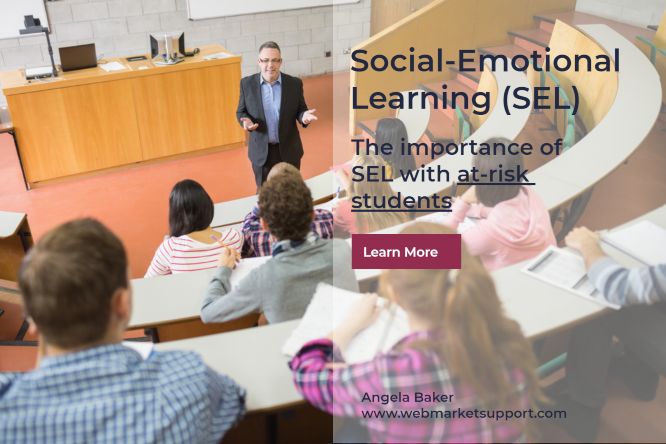






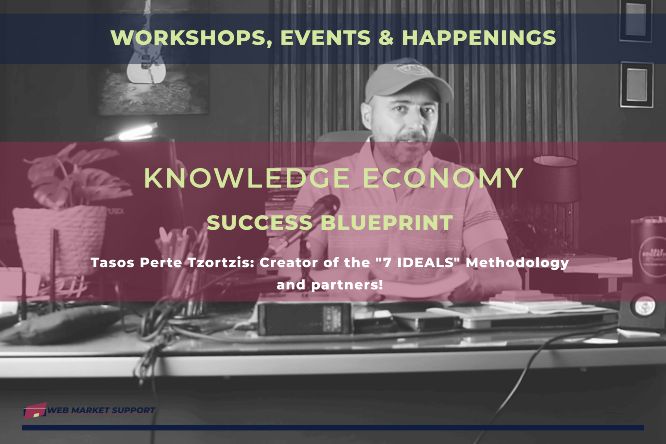
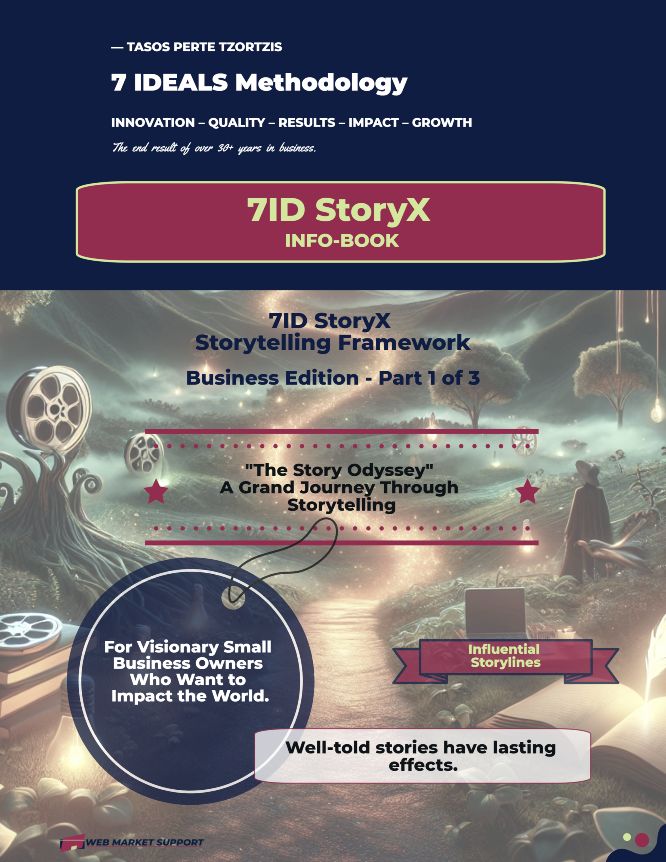



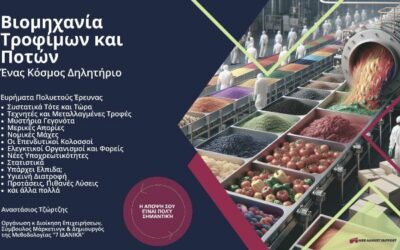

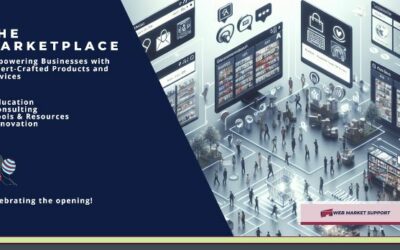

0 Comments